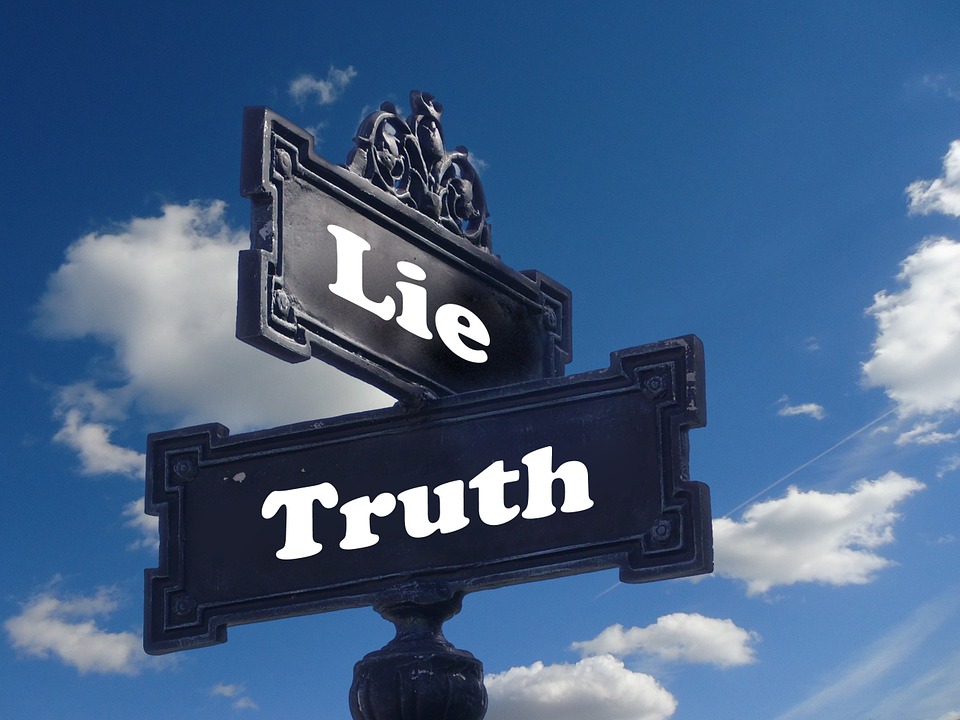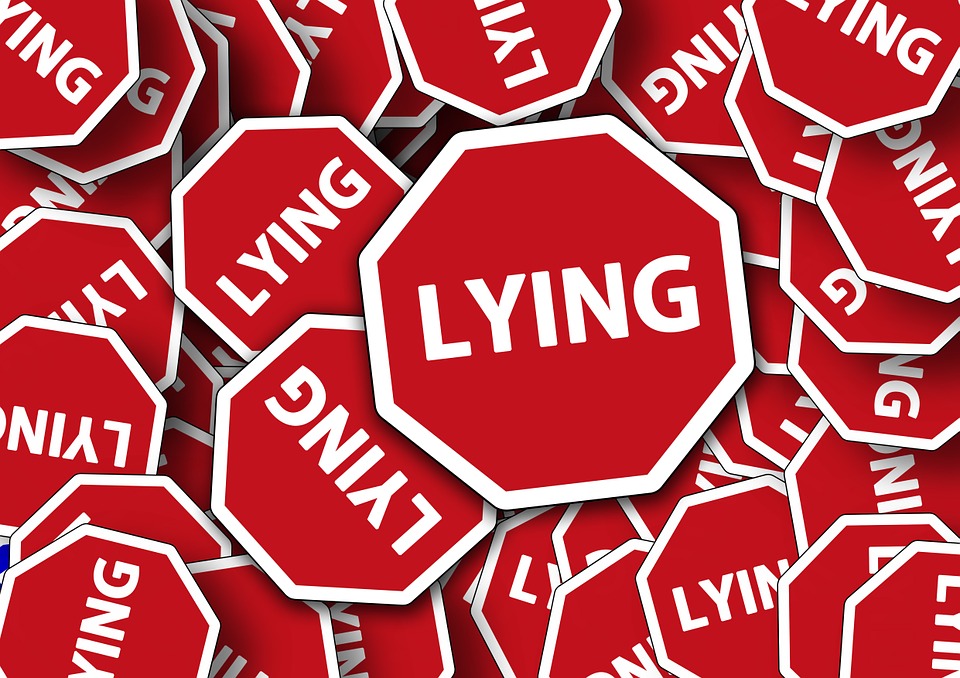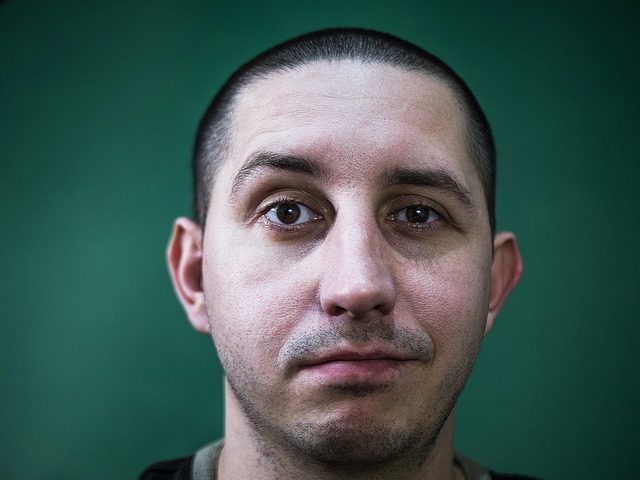When Does Your Online Activity Become Defamation in New York?
The Internet was built for the proliferation of information and exchange of ideas. What probably wasn’t anticipated at the inception of Wi-Fi and home computer networks was the emphasis on opinions, comments, and social interaction that we now experience online. Today, the Internet is used in large part for individuals and companies to share thoughts and opinions through social media, forums, and comment sections.
The opinions expressed online from New Yorkers can be strong and inflammatory. The right to put forth these ideas to a larger audience through the Internet is fully protected by the First Amendment and New York law. However, there is a point when posting online crosses the line into something else, which isn’t protected by our robust freedom of speech rights. Often, the unprotected speech online is called defamation.
A New York defamation defense lawyer has extensive experience with the review and assessment of online speech and in-depth knowledge on the New York defamation laws. Which leads to the question: when does a New York defamation defense lawyer see online activity become unlawful as defamation in New York?
What Are the Defamation Laws in New York?
Under New York law there are four elements of defamation, whether occurring online or in another written format. First, defamation must be a false statement. If the information placed online is true or mere opinion, it isn’t defamation. Second, the statement must be made to a third party without the authorization or consent of the victim. If the information is only exchanged between the defendant and the victim, it isn’t defamation.

Third, the defendant must have acted intentionally, knowingly, or recklessly in spreading the false statement. If there was a real and reasonable belief that the information was true, then it isn’t defamation. Fourth and finally, the false statement must be the cause of harm to the victim. This can occur as lost job opportunities or loss of sponsorship by a brand or business.
There is a huge gap between the written law in New York and what can successfully be prosecuted as defamation in a criminal court. The reason for this difference in the standards and application of the laws is that courts in New York have found that the defamation statute cannot be applied in the same way to all victims.
Celebrities and other public figures have put themselves in a position to receive notoriety and comment online. Under New York’s civil defamation law this places a much higher bar on what needs to be said, reported, or opined for there to be a successful case of defamation.
What Are Examples of Defamation Online?

As expressed earlier, there is a high tolerance for opinions and ideas on the Internet. There can be heated debate and even the sharing of unpopular ideas, without charges of defamation. However, the shield of a computer screen doesn’t prevent charges for defamation when the statements made in a chat room, public forum, or social media are recklessly false, made without the consent or authorization of the victim, and cause the victim actual harm. When there are accusations of defamation, you need a New York defamation defense lawyer.
Defamation can come in many forms. In New York, four types of false statements are deemed so baseless and derogatory that debate over actual harm is considered unnecessary. These four categories include accusations that someone committed a serious offense or crime in New York; statements that are false and intended to harm the individual’s business or profession; accusations that the victim has a heinous disease or loathsome illness; and untrue statements about a woman’s chastity.
While a New York defamation defense lawyer takes cases that fall under each of these categories, not all defamation cases can be so easily grouped or classified. This doesn’t mean accusations or charges of defamation are baseless or certain to fail. There are other types of online defamation.
One instance of possible defamation is making a claim that an individual was fired from work for making a major mistake. If this statement is false, it could certainly be defamation. However, if you are asking it as a question, it is arguably not defamation. Similarly, if you put this information in the form of an opinion, for example, a post on social media that says, “I think Sally was fired today because in my opinion her tactics to recruit a new salesperson were horrific.” According to a New York defamation defense lawyer, you have a strong argument that the wording of this post doesn’t amount to defamation.
Defending Defamation Charges in New York

If you are facing accusations of online defamation or slander in New York, you need a defense lawyer that understands the charges and can clearly assess the circumstances of your case. Given the nuance of defamation law in the state, the ability to provide the best defense possible comes from experience.
At Koch Law, we have the background in defamation law and slander defense to take your case. Contact our office at (844) 562-4529.






